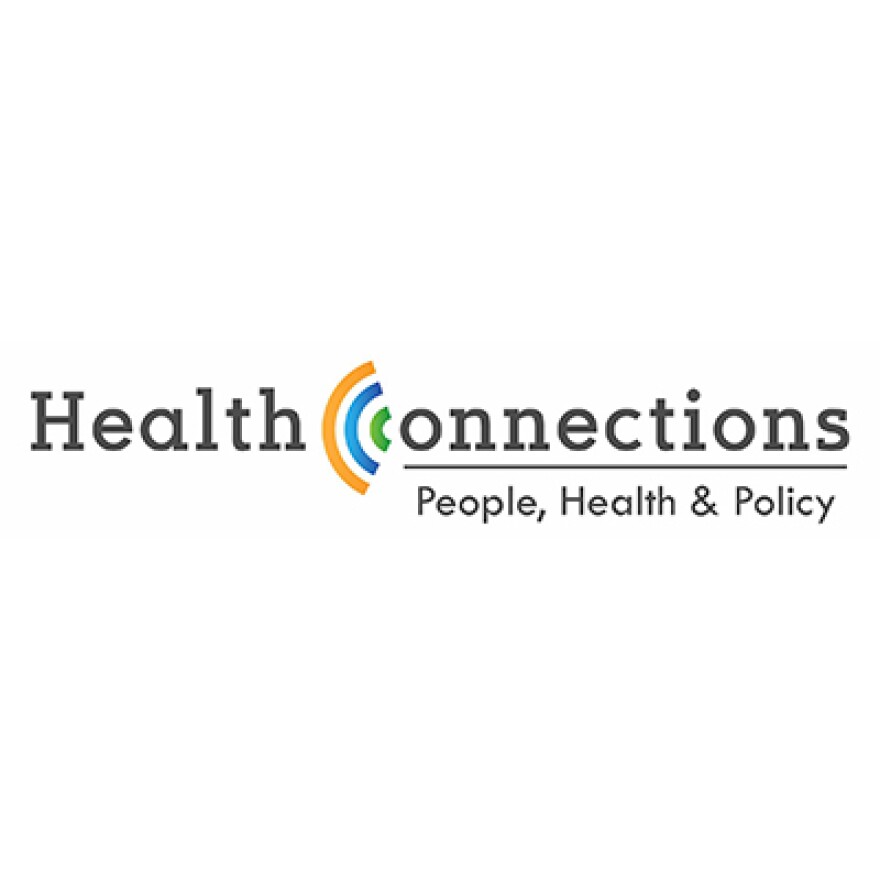Dr. Carole Myers: You recently were elected to the board of the Tennessee Disability Coalition. Please describe to us that role and your work as a family advocate.
Michael Collins: The Tennessee Disability Coalition is an organization that's funded primarily by federal dollars, and they have multiple programs. Their primary efforts are to help steer policy in the state of Tennessee.
I really want to know how your work with your son Jacob informs your work on the board and other advocacy work that you do.
When Jacob was diagnosed, he was two years old. He'll be 24 in March, and at that time, I was a relatively new parent. I had an older daughter. Still. I had no idea what I was doing, and then as Jacob comes along, I just kind of fell into advocacy you do as a special needs parent, because Jacob was non verbal for a number of years, and somebody has to speak for them and share what their needs are. And oftentimes the general population doesn't understand what the needs might be for an individual, because they vary so much between each but over time, that just kind of transitioned where I was doing advocacy on a broader level, and it wasn't just for Jacob anymore. It was for the families that didn't have time or the opportunity or the means to take time away from work and family to do the type of advocacy that needs to be done.
So as your son grew, you grew as an advocate.
I did, yes.
Could you describe Michael some of your successes as a family advocate?
Some of the successes are on a micro level for Jacob, in that my goal from day one, when he entered the school system at age three, I wanted people to love him on a macro level, some of the successes we've had over time were when Jacob was little insurance in Tennessee, private insurance did not pay for speech and language services that Jacob received here at the University of Tennessee. Over time, we got some legislation passed where that covered that's now covered in the state of Tennessee, other therapies, like applied behavioral analysis, ABA therapy, similar thing there, and that's that's been passed. Some of the big recent things are, as an adult with a disability, family members often struggle with providing care for their adult child. So for Jacob, we're able to currently still meet his needs, but other family members out there might be aging, might have their own issues, they can't provide that care. So agencies can step in and provide that care, but the funding for those agencies is limited so that people doing the support are not paid really commensurate to the work that they're doing, so it results in a shortage of those care providers. But the family caregiver Act has passed, and it started in July, and that allows families to be employed to provide that care for their adult child.




